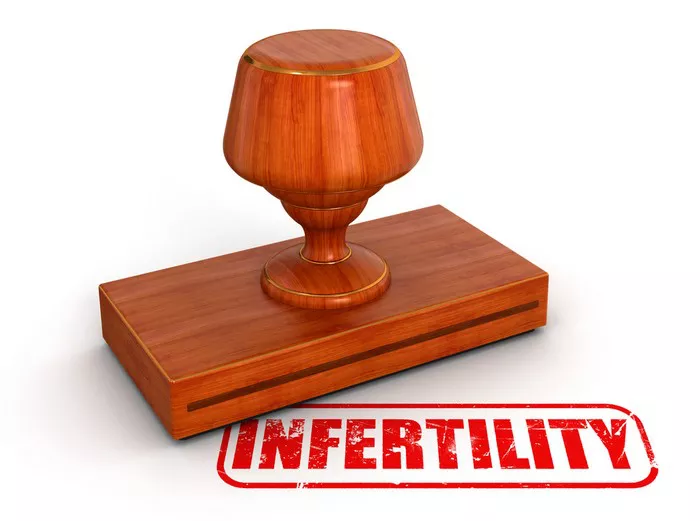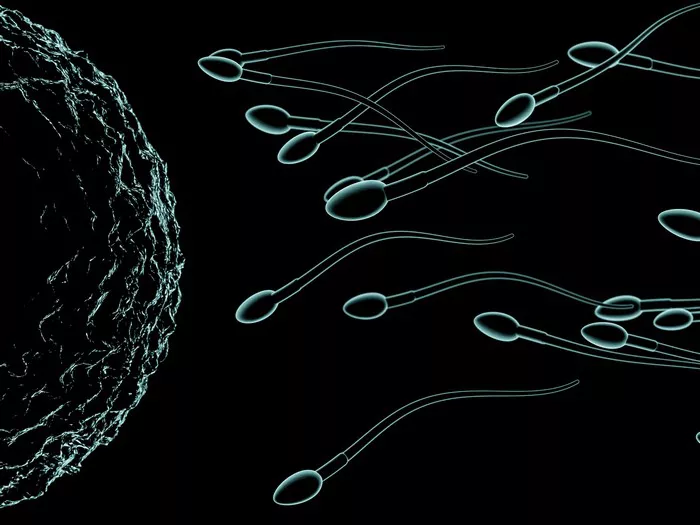Male infertility is a prevalent issue affecting couples worldwide, with approximately 15% of couples experiencing difficulty conceiving. While the focus on infertility often leans toward female factors, it’s crucial to recognize that male infertility contributes to nearly half of all cases. Understanding and diagnosing male infertility is essential for couples seeking to start a family. Without proper diagnosis and treatment, the emotional and psychological toll of infertility can be significant.
Symptoms and Causes
Recognizing the signs of male infertility is the first step towards diagnosis. Common symptoms may include difficulty achieving or maintaining an erection, pain or swelling in the testicle area, abnormal ejaculations, or hormonal imbalances. Various factors can contribute to male infertility, including genetic abnormalities, hormonal imbalances, anatomical issues such as varicoceles or obstructed ejaculatory ducts, infections, lifestyle factors like smoking or excessive alcohol consumption, and exposure to environmental toxins.
Diagnostic Process
Diagnosing male infertility typically begins with an initial consultation with a healthcare provider specializing in reproductive medicine. During this consultation, the doctor will conduct a thorough medical history review, asking about factors such as past illnesses, surgeries, medications, and lifestyle habits. A physical examination may follow, including an assessment of the reproductive organs and secondary sexual characteristics.
Semen Analysis
A crucial component of diagnosing male infertility is the semen analysis. This test evaluates the quantity, quality, and motility of sperm in the ejaculate. Semen is collected through masturbation and analyzed in a laboratory. Results from this analysis provide valuable insights into sperm count, morphology (shape), and motility (movement), helping to determine the underlying cause of infertility.
Hormonal Tests
Hormonal imbalances can significantly impact male fertility. Hormonal tests, including measuring testosterone levels and other reproductive hormones such as follicle-stimulating hormone (FSH) and luteinizing hormone (LH), can help identify potential issues. Low testosterone levels, for example, may indicate problems with sperm production or other reproductive functions.
Genetic Testing
In cases where genetic factors are suspected to play a role in male infertility, genetic testing may be recommended. This testing can identify chromosomal abnormalities, gene mutations, or genetic conditions that affect sperm production or function. Genetic counseling may also be offered to discuss the implications of test results and potential options for assisted reproduction.
Imaging Tests
Imaging tests such as ultrasounds or MRIs may be utilized to evaluate the structure of the reproductive organs and identify any abnormalities or obstructions that could contribute to infertility. These tests can provide detailed images of the testes, epididymis, and vas deferens, helping to pinpoint potential issues that may require further investigation or treatment.
Specialist Referrals
Depending on the findings of initial assessments and tests, patients may be referred to a urologist or other specialists with expertise in male infertility. These specialists can conduct more specialized evaluations, such as testicular biopsies or advanced reproductive techniques, and develop tailored treatment plans based on individual needs.
Treatment Options
Treatment for male infertility varies depending on the underlying cause and may include lifestyle modifications, medications to address hormonal imbalances, surgical interventions to correct anatomical issues, or assisted reproductive techniques such as intrauterine insemination (IUI) or in vitro fertilization (IVF). Lifestyle changes such as quitting smoking, reducing alcohol intake, maintaining a healthy weight, and managing stress can also improve fertility outcomes.
Support and Resources
Dealing with infertility can be emotionally challenging, and support is crucial for individuals and couples navigating this journey. Online support groups, forums, and resources provided by reputable organizations such as the American Society for Reproductive Medicine (ASRM) or Resolve: The National Infertility Association offer valuable information, community support, and access to fertility specialists and resources.
Conclusion
Male infertility is a complex and often misunderstood issue that affects millions of couples worldwide. However, with advancements in reproductive medicine and a comprehensive diagnostic approach, many cases of male infertility can be effectively diagnosed and treated. By understanding the symptoms, causes, and diagnostic process for male infertility, individuals and couples can take proactive steps towards achieving their dream of parenthood. Access to support networks and resources can also provide invaluable emotional support throughout the journey towards fertility.
























